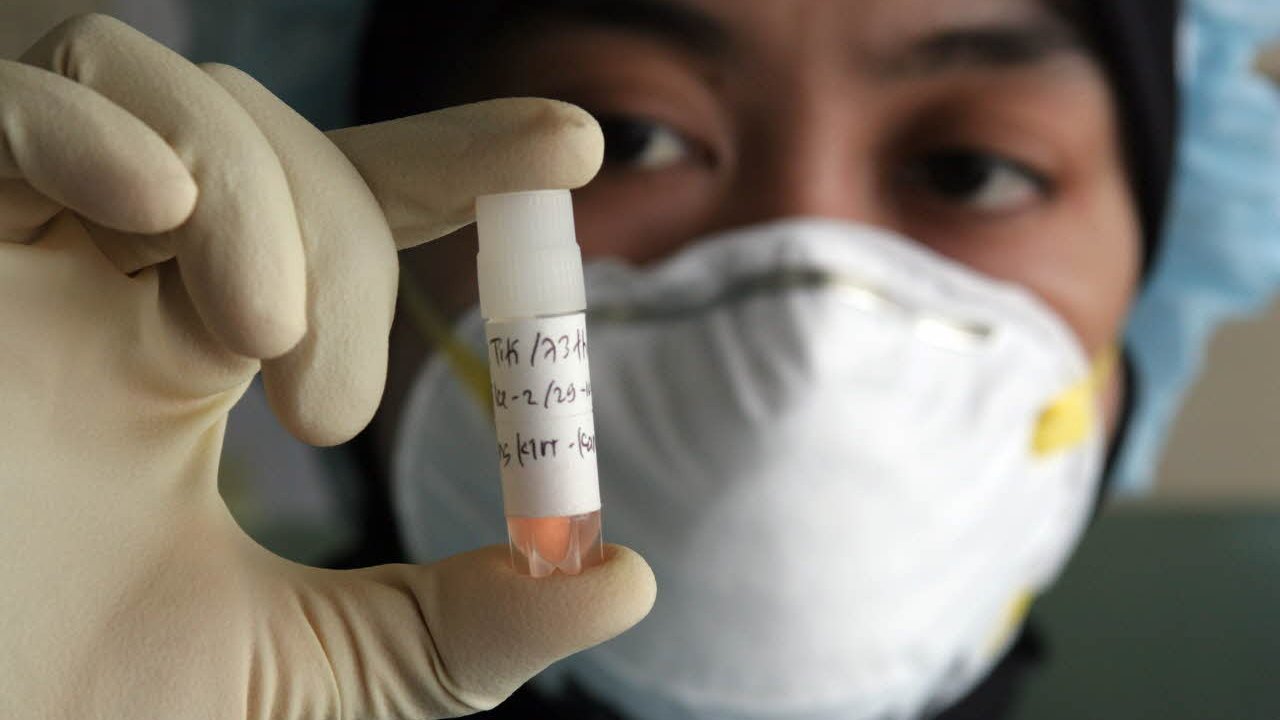WHO warns of a sharp rise in dengue, malaria and other diseases in flood-hit Pakistan, urging urgent action as damaged health facilities strain the healthcare system.
Pakistan is facing a dangerous rise in epidemic-prone diseases, with suspected dengue cases up 41% and malaria by 26% in six weeks, the World Health Organization (WHO) has warned. Flood damage has left over 100 health facilities partially or fully destroyed, cutting off vital medical care in affected areas. Outbreaks of acute watery diarrhea, skin infections and other illnesses are spreading, especially in Balochistan, Sindh and Khyber Pakhtunkhwa (KP).
Since June, floods and heavy rains have killed 819 people and injured more than 1,100, with children among the victims. Over 610 medical camps are treating thousands, while rescue teams continue evacuations and emergency care. WHO has sent emergency supplies, including medicines and nutritional support for malnourished children.
READ MORE: 10 Buildings Sealed in Islamabad Over Dengue SOP Violations
Provincial governments are responding with mobile health units, field hospitals, and water treatment efforts. Punjab’s CM has called for intensified action, while KP and Gilgit-Baltistan focus on disease control and safe water.
WHO stresses urgent, ongoing efforts to maintain medical services, mental health support and clean water access to prevent the health system from collapsing amid the ongoing flood crisis.









